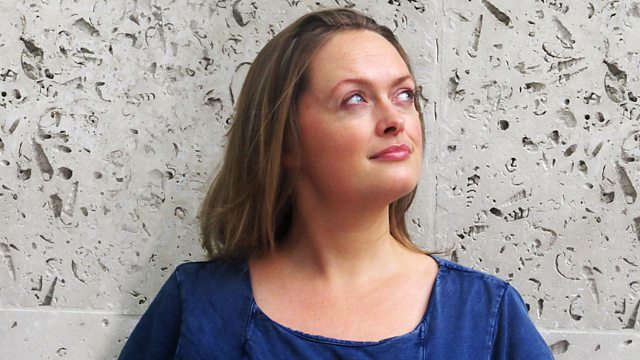Greenland ice sheet melting; Gingko biloba and CO2; Jodrell Bank and quantum compass
Greenland ice sheet melting; gingko biloba and CO2; Jodrell Bank and Quantum compass.
The rate the Greenland Ice Sheet is melting is possibly the highest in 8000 years. New work looking at layers of melt in ice cores, from the second biggest ice sheet in the world, has shown that in the past 20 years the rate of melting has increased by 250-575%. The resultant fresh water run off not only adds to sea level rise, but impacts important ocean currents in the Atlantic.
When trying to understand how plants are reacting to increasing levels of carbon dioxide in the atmosphere, scientists count their stomata. Stomata are the tiny pores found on leaves which allow for carbon dioxide (plant food) uptake and oxygen release. They also are the route by which plants lose water. So there is always a trade-off. More stomata, more potential for CO2 uptake, but more chance of drying out due to water loss. This means that the number of pores in a leaf is carefully calibrated to the amount of carbon in the atmosphere. If you take a 200 million year old leaf from a gingko tree, it鈥檚 got a lot more stomata than a gingko leaf now. This is because levels of the greenhouse gas were much higher then. But how are modern gingkos and other plants adapting to increasing carbon now?
Jodrell Bank Observatory, part of Manchester University, is famous for its telescopes and work on radio astronomy. But what鈥檚 not so well known is its work tracking communications from spacecraft, which came about completely by accident. Starting with the tracking of Sputnik 1 in the 1950s, scientists at Jodrell Bank tracked flights throughout the US Russian Space Race. Recently, Professor of Physics and Associate Director of the observatory, Tim O鈥橞rien found a box of audio tapes, which turned out to be recordings of these communications, annotated by Sir Bernard Lovell himself. These tapes are a time capsule back to when the world was racing to get into space.
News this week that the UK will not be part of the Galileo satellite positioning system when we leave Europe is worrying, especially as so many British funds and innovation have already been spent. But what if we can come up with a way of knowing where you are without the need to use triangulation of signals from expensive satellites? A quantum compass harnessing super-cooled atoms, in a state where lasers can gauge changes in their speed. In other words, it鈥檚 an accelerometer like the one in your phone, except in this case with atomic accuracy.
Producer: Fiona Roberts
Last on
![]()
大象传媒 Inside Science is produced in partnership with The Open University.
Broadcasts
- Thu 6 Dec 2018 16:30大象传媒 Radio 4
- Thu 6 Dec 2018 21:00大象传媒 Radio 4
Explore further with The Open University
Discover more fascinating science content with The Open University
Podcast
-
![]()
大象传媒 Inside Science
A weekly programme looking at the science that's changing our world.



